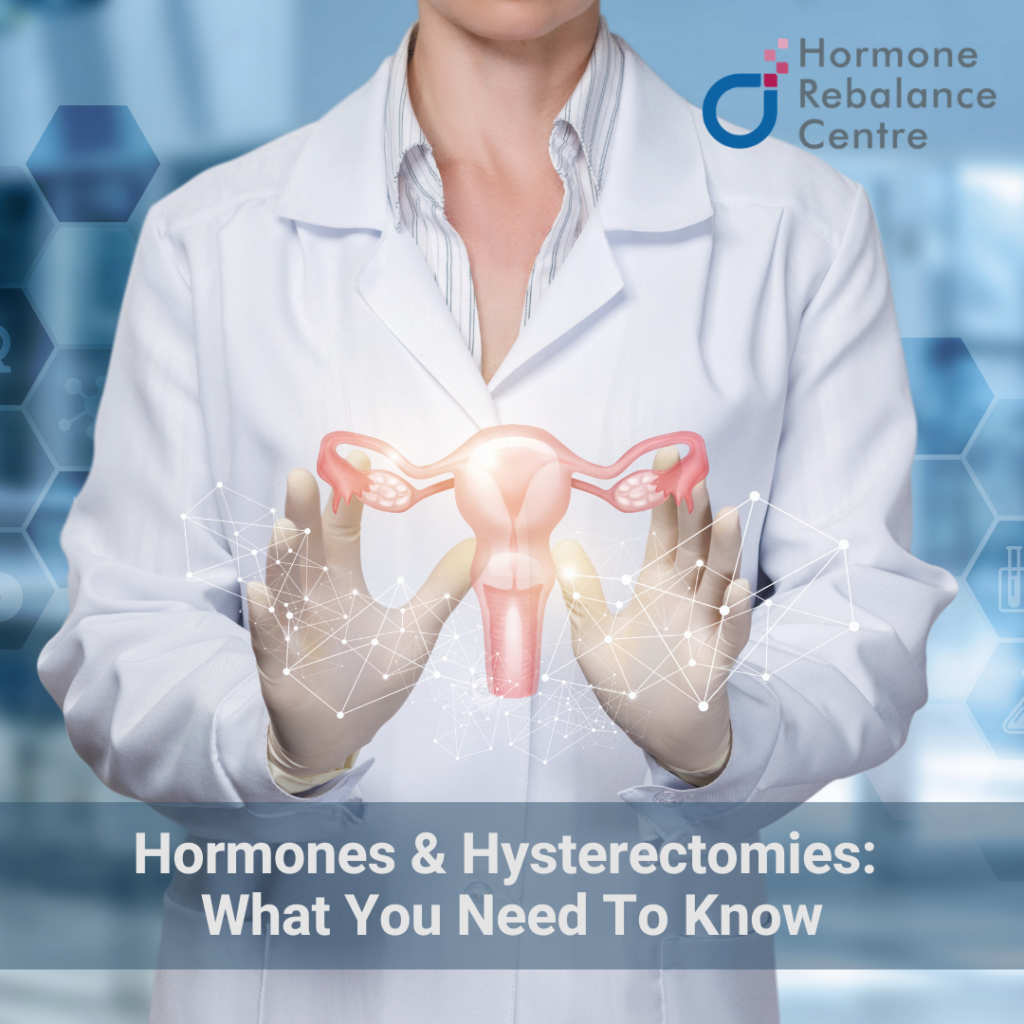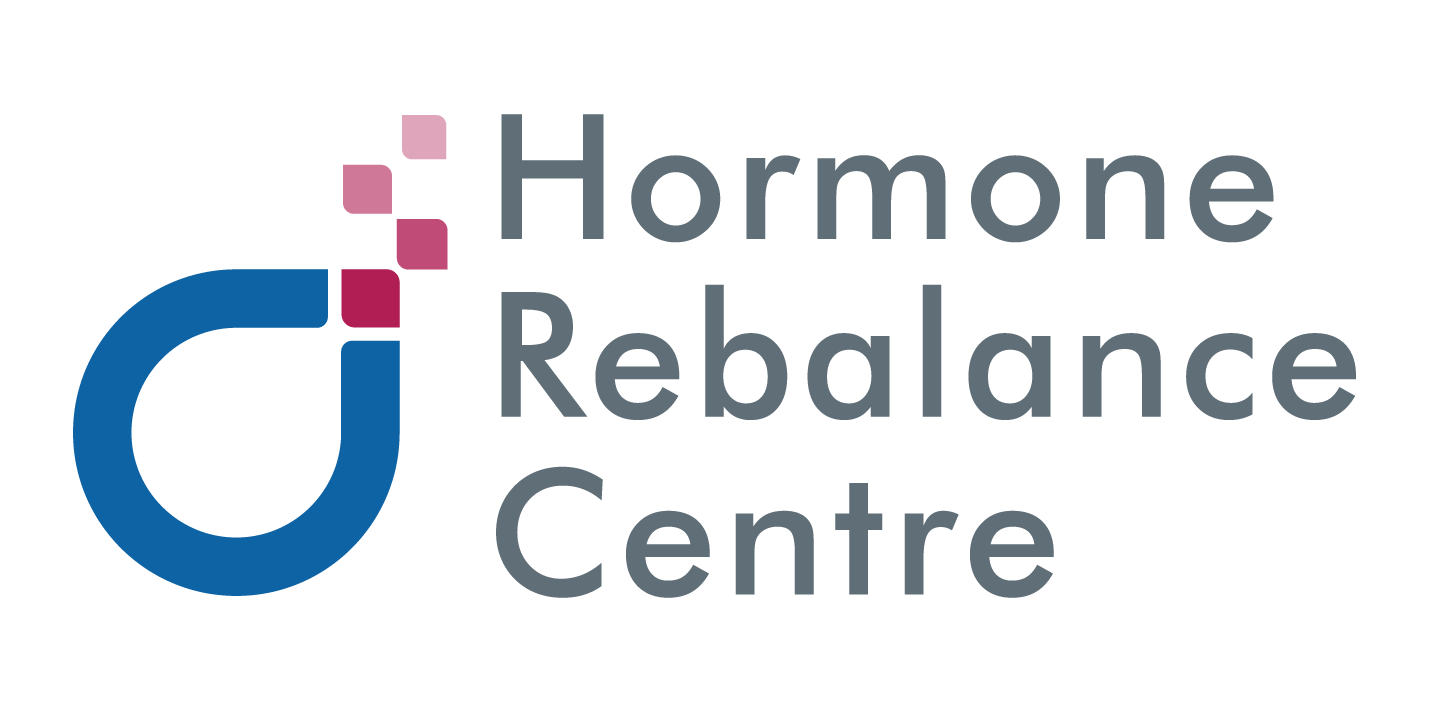Hormones and Hysterectomies: What You Need To Know & How To Tell if You’ve Gone Through “The Change”

Being a woman and going through monthly hormonal fluctuations can be hard enough and under some circumstances, you may be recommended to undergo a surgical removal of the uterus, called a hysterectomy.
Common reasons for having a hysterectomy:
- Heavy periods – likely the most common cause for women. This can be caused by fibroids or simply excessive bleeding, so much that a woman may be anemic and will have a hugely negative impact on her quality of life.
- Severe pelvic/period pain -which can be due to several causes, such as fibroids, endometriosis, adenomyosis or Pelvic Inflammatory Disease (PID)
- Ovarian, cervical or endometrial cancer
- Uterine prolapse
It’s important to note that apart from cancer, many gynecological conditions may be treated using other methods, and therefore a hysterectomy should be considered and recommended when other methods fail.
There are 5 types of hysterectomies:
- Total hysterectomy – where the uterus and cervix are both removed
- Subtotal (partial) hysterectomy – where the uterus is removed, but the cervix is left in place.
- Hysterectomy and bilateral salpingo-oophorectomy – where the uterus and both fallopian tubes and ovaries are removed.
- Hysterectomy with prophylactic bilateral salpingectomy –more recently some doctors may recommend removing the fallopian tubes at the time of hysterectomy due to research suggesting that early ‘ovarian’ cancers originate in the tubes.
- Radical hysterectomy – involves the removal of the uterus, fallopian tubes, ovaries, upper part of the vagina, and associated pelvic ligaments and lymph nodes.
Hysterectomies and Hormones:
From a symptomatic standpoint, all hysterectomies will result in cessation of cyclical vaginal bleeding and also essentially a woman’s ability to conceive. However, the severity of symptoms and how soon a woman will enter menopause depends specifically on whether the ovaries have been removed or not.
For hysterectomies where the ovaries have been removed, a woman will enter what is called surgical menopause, meaning she will right away be classified menopausal and the symptoms of menopause will come on almost immediately due to the removal of these hormone producing glands. To help women with these abrupt symptoms, they are commonly recommended hormone replacement therapy, if appropriate
When the ovaries are left intact, a woman will continue to go through monthly hormonal fluctuations as her ovaries will still be functioning and producing estrogen and progesterone. Not having a flow however, makes it much harder for a woman to assess at what point she has actually transitioned into menopause as the definition of menopause itself – 12 consecutive months with no period – will not apply to her.
While it was previously believed that leaving the ovaries intact would still allow a woman to enter menopause at the average age, data shows that this is not the case*. Research shows that compared to women with no hysterectomy, nearly double the amount of women who’ve had hysterectomies experienced menopause during the course of the 5 year study (8% for those with no hysterectomy versus 15% for those with a hysterectomy and at least one ovary).
The risk for menopause was highest among women who had one ovary removed along with their uterus, but it remained elevated even when both ovaries stayed in place. The study analysis estimated that menopause occurred approximately two years earlier in the women who underwent hysterectomy and hence are more prone to premature ovarian failure.
The exact reasons for this are not that well understood but it’s speculated that a decrease in blood supply from the surgery itself may be a contributing factor.
So how would a woman with no bleeding but functioning ovaries know if she’s entering menopause?
Here are several non-period changes that signal that your hormone levels are declining and you may be in menopause:
- Signs of falling estrogen levels:
- Hot flashes can occur at any time though the day or night (which are often referred to as night sweats) and only last a short length of time. Many women will experience flushing, sweating and an overall sensation of heat especially around the head, face and neck.
- Vaginal dryness is a common symptom for many women transitioning into menopause. Vaginal dryness can occur on it’s own or can be part of a larger picture involving discomfort during sex.
- Mood changes like depression and anxiety or varying mood swings
2. Trouble sleeping is another common issue for women transitioning into menopause. Not only do night sweats contribute to waking up during the night, but delayed onset of sleep and early morning awakening can also occur. Due to the change in hormones, women transitioning to menopause are more susceptible to sleeping disorders like sleep apnea**. Sleep apnea sufferers often have excessive daytime sleepiness, snoring and may require naps throughout the day.
3. Changes in skin. Many women find that their skin changes during perimenopause. Oftentimes skin will become more dehydrated and dry, exacerbating the appearance of lines and wrinkles. Skin may also become thinner, less elastic and begin to sag or fall.
4. Weight gain. Unfortunately, the change in hormone levels during perimenopause may cause some weight gain. While this weight gain shouldn’t be extreme, it can leave you feeling uncomfortable with entering this new stage of life. If you’d like to read more about how hormonal changes can affect weight gain, check out our article Hormonal Imbalances that can Contribute to Weight Gain.
Beyond the symptoms, there are also tests you can consider doing to check the status of your hormones. It’s important to know that our sex hormones have many impacts on our health, even if you don’t get a flow and are no longer bothers with the symptoms that lead to you haveing the hysterectomy to begin with.
At the end of the day, the hysterectomy itself did not remove the hormonal imbalance that may have caused all your bothersome symptoms to begin with and these imbalances can continue to have an impact on other organs, such as your breasts, brain, bones and impact your sleep, moods, memory, cardiovascular health and weight. Therefore, having a better understanding of where your hormones stand is just as important, if not more important to a woman who’s had a hysterectomy as it is to a woman who didn’t.
Tests to consider:
- LH and FSH will help indicate where in the spectrum of menopause you may be
- Estrogen and progesterone – can be measured through blood work but at our centre, we like assessing all sex horones through urine, as urine testing allows for a much more detailed view of how hormones are metbalised in the liver and whether they are doing so in a cancer protective or cancer promoting fashion. Hormone detoxification, and not just production, plays a BIG role in any hormonal condition
- Cortisol and adrenal health – especially important for women with no ovaries, as the adrenals are in charge of the little sex hormone production that takes place after ovaries are reteired for women in menopause, and hence the health of the adrenal glands is of great importance to any woman going throught menopause and especially those without their ovaries
Our hope with this article is that you can recognize some of the other changes that occur during the transition into menopause and feel comfortable asking for help when and if you need it.
Our team at Hormone Rebalance Centre is always happy to hear from you and we even offer a complementary discovery call to determine if we are the right fit for your health care team! Our Naturopathic Doctors are licensed to prescribe bio-identical hormones to help you through your transition and we offer various types of advanced hormonal testing along with our signature Hormone Rebalance Program. Call us today to get started on your journey to happy, healthy hormones!
Resources:
Duke University Medical Center. “Hysterectomy increases risk for earlier menopause among younger women, study finds.” ScienceDaily. ScienceDaily, 14 November 2011. <www.sciencedaily.com/releases/2011/11/111114112311.htm>.

No Comments